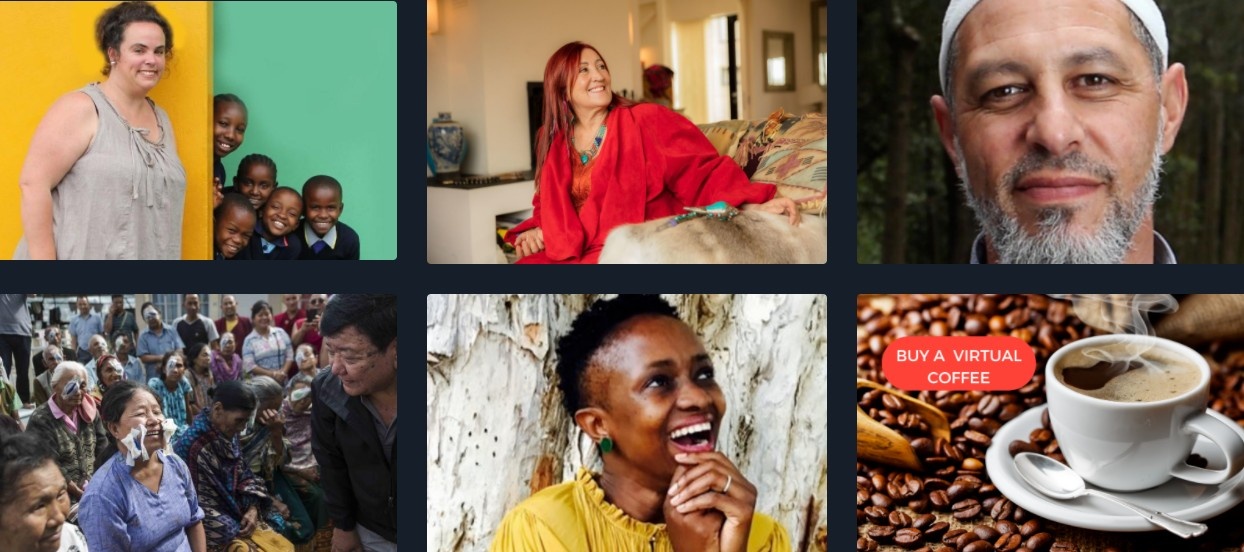🎉
COMING SOON
Introducing Rise Up
Self Love 2021
International Self Care Day
1-in-3 helping professionals struggle with their mental health
An immersive online experience.
Talks, Interviews, Music, Poetry, More!
Join us at the first ever online gathering that is specific to the helpers, the healers and cultivators of hope.

🎤
Top Speakers
Including Tom Smith, John Smith, The Smiths, Tom John, and Smith Thomas Johnson.
☀️
Top Location
Taking place in sunny, southern California, what is not to love about this conference?
🍦
Ice Cream Social
Marketers talking marketing and eating ice cream. Hopefully not at the same time.
Self Care In The Era Of Trauma
Advocate trauma is an umbrella term we use to describe the negative effects of both direct and indirect trauma exposure on helping professionals. It includes conditions such as compassion fatigue, vicarious trauma, burnout, PTSD, and other psychological stress injuries and disorders of extreme stress that are endemic to the helping professions.
Advocate trauma can affect anyone who regularly interacts with trauma, crises, or the suffering of other people or our planet. We’ve seen it in social workers, mental health therapists, crisis counsellors, victim service providers, public defenders, immigration advocates, law enforcement, forensic scientists, emergency responders, nurses, community health workers, clinical researchers, activists, journalists, conservationists, and veterinary staff workers.
We estimate that over 6.7 million helping professionals in the United States are currently struggling with the physical and mental health effects of trauma exposure in their work.
We explain advocate trauma the same way we explain trauma in general. People become traumatized by their experiences when they
1) are exposed to a traumatic situation and
2) have personal or environmental conditions that prevent them from fully recovering.
Helping professionals regularly experience both.
Exposure to traumatic situations is a routine part of the job. Helping professionals spend every day working with individuals, families, and communities in crisis, responding to emergencies and disaster zones, managing combative clients, and navigating political violence from states and extreme opposition groups.
In addition to this, social, cultural, and organizational factors within the helping professions, such as unhealthy workplace dynamics, limited resources, excessive workloads, helper mental health stigma, and systemic oppression, often prevent helping professionals from caring for themselves and getting help when they need it.

Call For Speakers
Early Bird Registration
Sponsorship Opportunities

Ice Cream Social -Afterparty
The Self Care Party of all time, with fire breathers, opera singers and trapeze artists.

